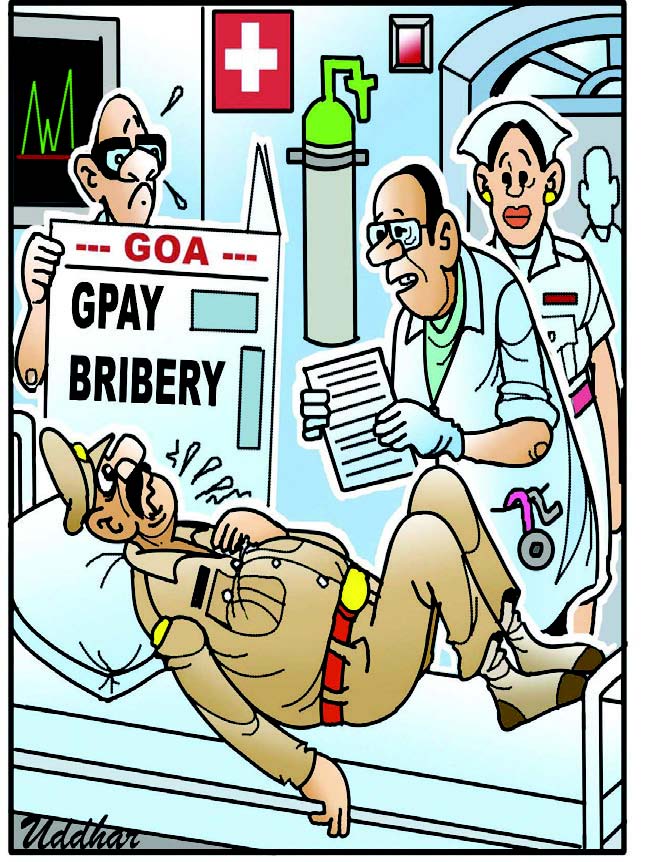The conduct of the elections to 186 village panchayats in the State has come under a cloud with the government deciding to refer the matter to the Advocate General seeking legal opinion on this. The issue arises from an order by a three-member Bench of Supreme Court on a petition on holding panchayat polls in Madhya Pradesh, that mandated all States to strictly follow the triple test laid down for reservation of ward, that includes appointing panels, collecting empirical data for quantifying the extent and backwardness every panchayat, ensuring that reservation quota does not exist exceed 50 per cent ceiling. It is this triple test that has not been followed in Goa for ward reservation that is coming in the way of holding the elections before the end of the current term of the panchayats.
For available information, the file submitted by the State Election Commission on reservation of wards is to now be sent back to the Commission for a fresh exercise as per the triple test, which would require a minimum three to four months. If elections are postponed due to this triple test for reservations, there are two options before the government – either the term of the village bodies will have to be extended or administrators appointed for 186 village panchayats. This will not be the first time that elections to village panchayats will be delayed. It has happened in the past, but, is the postponement the only option before the State?
There is a consensus among the legal fraternity that the panchayat polls cannot be postponed, as this is a Constitutional mandate. The reasoning is that, triple test or not, the elections have to be held before the end of the term. There is also an observation of the Supreme Court in the same judgement that states that the election process cannot be delayed as it is a constitutional obligation of the government to hold elections on time. In this regard, the apex court asked the Madhya Pradesh State Election Commission to notify the panchayat polls within next two weeks and hold elections without the OBC quota.
The triple test arises from a 2010 order of the Supreme Court on the issue of quotas in local bodies, where the court had observed that “barriers to political participation are not of the same character as barriers that limit access to education and employment” and had sought “contemporaneous data” to establish the reservation of wards for other backward classes. Observing that “Social and economic backwardness does not necessarily coincide with political backwardness,” the Supreme Court had noted that “not all of the groups which have been given reservation benefits in the domain of education and employment need reservations in the sphere of local self government.”
Goa is reacting to a Supreme Court order on elections in Madhya Pradesh that was given this month. Yet, there was in January last a similar order with regard to Maharashtra local body elections where the apex court had said it was mandatory to follow the triple test methodology for ward reservations. There was therefore ample time for the Goa government to have started the process for reservations adhering to the recommended assessment. Can the government or the State Election Commission give a reasonable answer as to why they were not alerted to the triple test in January this year and set the process in motion immediately, instead of waiting till after the Madhya Pradesh order of the same court now to react?
Goa was in the midst of the Assembly elections in January, but the State Election Commission, an independent body, should have been aware of the Judgement and acted upon it. All State authorities should be aware of decisions that concern them so that the procedures are followed and hurdles such as these do not come in the way of the election process.
